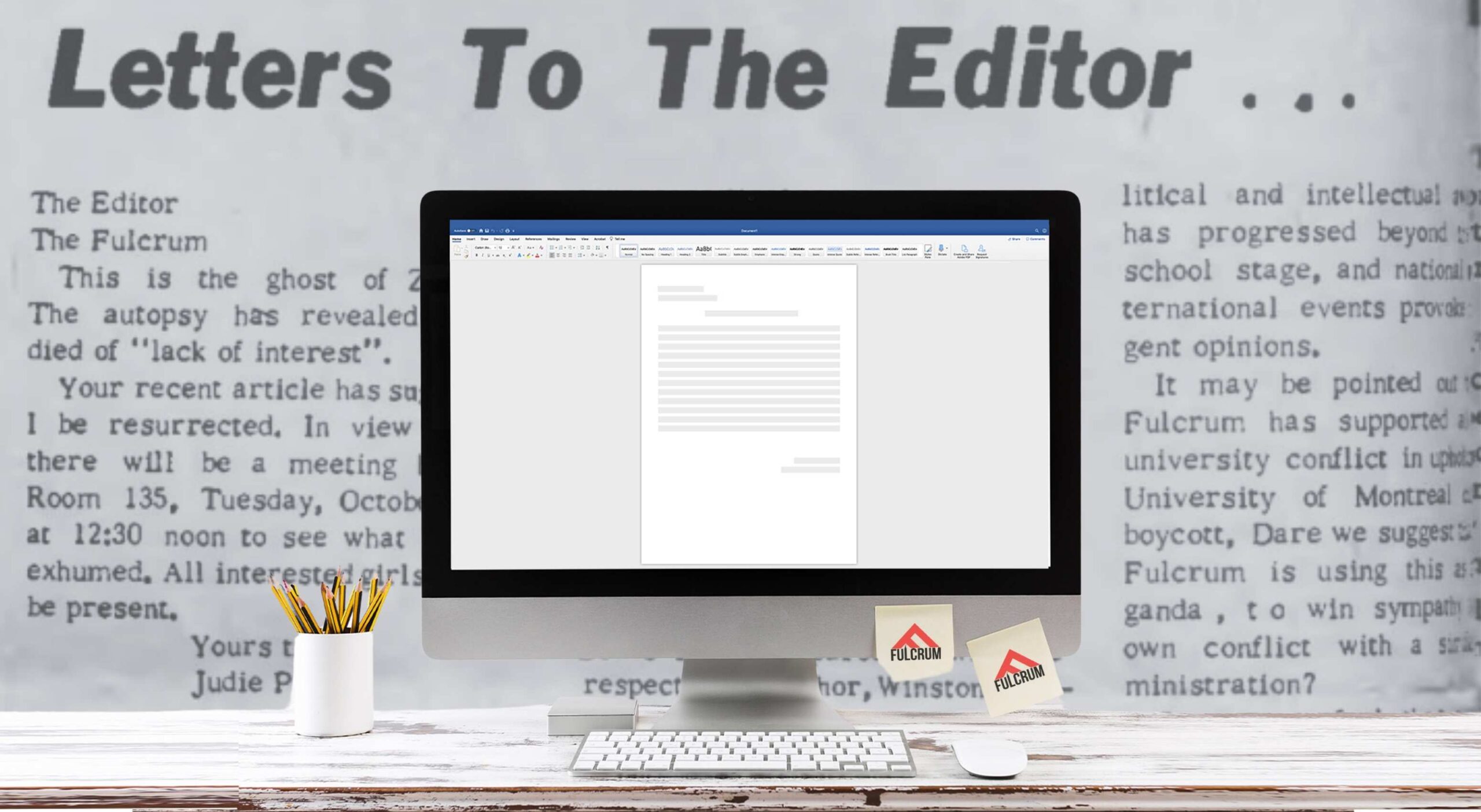On Jan. 7, I was trapped in an elevator in the Desmarais building for nearly one hour and 25 minutes — from 7:40 a.m. to 9:05 a.m. Despite being told a technician would arrive within 15 to 30 minutes, that did not happen. I learned that the technician was sent to the wrong location. With no clear updates on when I would be rescued, and while battling a fever, I eventually had to call the fire department myself. The elevator technician arrived only after the fire truck team was on the scene.
Following the incident, I contacted the university’s protection services, hoping for answers and apologies. Instead, I was told the delay was due to a miscommunication between the elevator company and a university agent. What frustrated me more was the repeated claim that my safety was “never in question,” a statement backed by both the senior manager of Protection Services and the senior manager of Occupational Health and Safety. That response felt dismissive and out of touch with the reality I experienced.
The student body should care about this issue because it reveals larger systemic problems that could affect anyone. This situation exposed a lack of coordination, slow emergency response, and a worrying absence of accountability. If help had arrived just minutes later, or if someone with a more serious medical condition had been in that elevator, the outcome could have been far worse.
All students rely on campus infrastructure including elevators to be safe and functional. Yet another elevator in the Desmarais building stopped working the following week, leaving one out of three elevators operational. This raises serious concerns about the reliability and maintenance of these systems. Emergency procedures must be timely, coordinated, and handled with care. When delays occur and responsibility is neglected rather than accepted, every student is placed at risk
This experience left me feeling helpless, ignored, and dismissed. More importantly, it made me realize how fragile our safety systems are when no one wants to own their mistakes. I hope sharing this will encourage the university to take meaningful steps toward improving emergency response protocols not just for me, but for the safety and trust of every student on campus.
Sincerely,
Ayman Emamally
University of Ottawa




